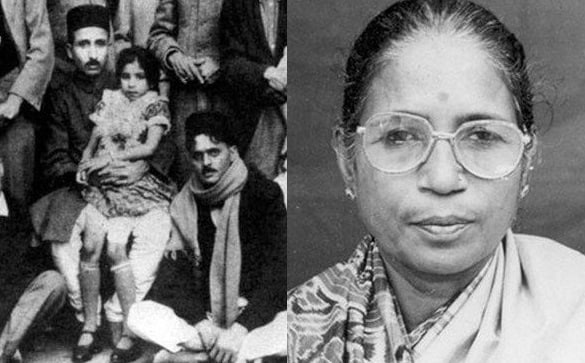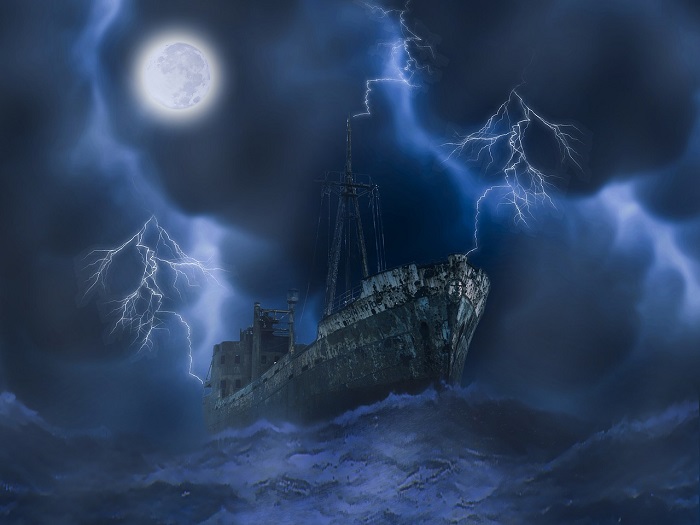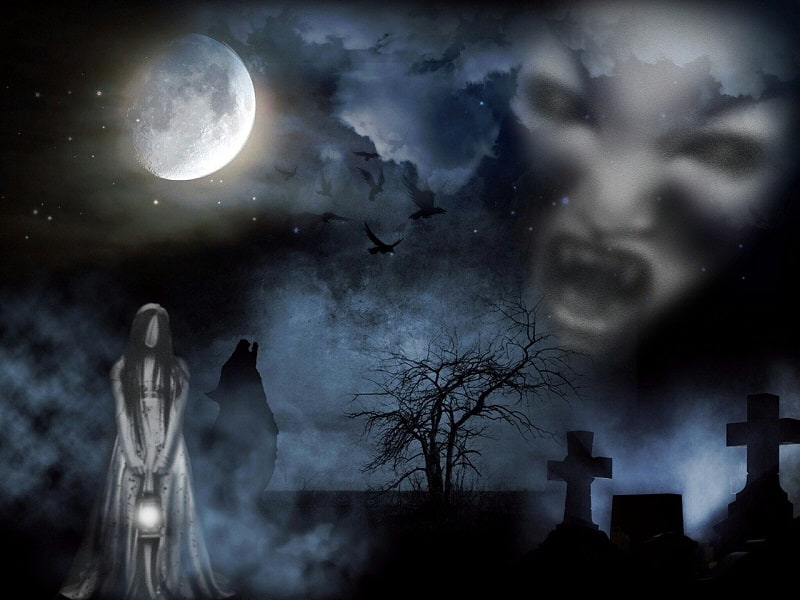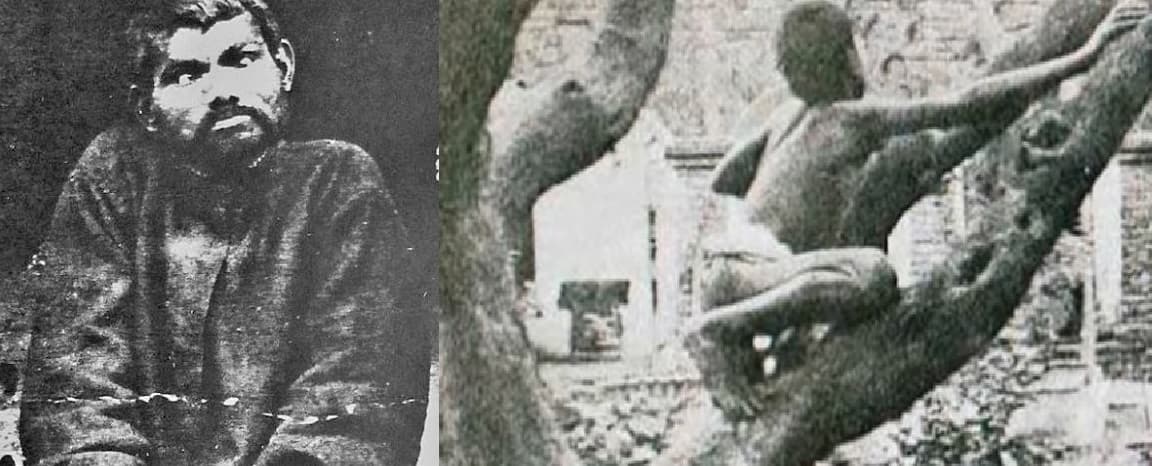The Butterfly effect - A small change can make much bigger changes happen
The topic we are going to talk about today is a theory that is continually working all over the world, but hardly any of us have paid attention to this theory so closely. Edward Lorenz, an American mathematician, stated in his theory that even the smallest event in the world is capable of turning into a big effect. And if all the things in the world are seen as waves, then a small change in a single wave automatically changes the equation of all the other waves and this theory is called chaos theory or butterfly effect. Explaining his theory, Edward Lorenz said that the world is so interconnected that if a butterfly flaps its wings in Brazil, it can cause a major tornado in Texas. Although he only said this to explain his theory, actually, he meant that an element equal to the air produced by the wings of a butterfly can also cause a large effect over time. So today we will try to understand these things about the Butterfly Effect and with the help of some real-life incidents, we will also be able to know how everything in the world is interlinked with each other.
1. On June 7, 1893, Mahatma Gandhi took a ticket for the first-class compartment of the train from Durban to Pretoria. But when he boarded the train, he was forced to leave the first-class compartment because of racial discrimination. As a result, he had to spend the whole night in the cold weather at the Pietermaritzburg station. This incident disturbed and upset Mahatma Gandhi deep inside and he vowed only then that he would oppose the indecency happening to him and his countrymen. This act of standing up against injustice was his first act of civil disobedience and a turning point in Indian history and the rest of the history is known to everyone. Now think for a while, if that train was not going from Durban to Pretoria that day, then probably nothing would have happened that got India independence. Just think if that train incident had not happened, would India have ever been free, this is a question that neither science has ever been able to answer nor will it ever give. But this incident tells us a lot about the butterfly effect, how a small event gives rise to a big occurrence.
2. On 28 September 1918, during the war between Germany and Britain, a wounded young German soldier came into the firing range of a soldier named Henry Tandey. If Henry Tandey wanted to, he could have easily shot the wounded soldier and killed him, but he did not do so and let the young soldier go. The name of that injured soldier was "Adolf Hitler". If Henry Tandey had fired that day, neither Hitler would have gone so far, and neither the Nazi Party would have risen, nor millions of people would have lost their lives. If millions of those people were not killed by Hitler, many of them would probably be able to give the world a beautiful future. So we can assume 'wrong mercy' as the biggest reason behind this incident in which a soldier showed his mercy on another soldier and let him go.
All these examples tell us that the Butterfly effect exists everywhere and this also proves that even a small action can cause a very big reaction. And any work done by you or a decision taken by you can change the lives of different people around the world. But what if the major factors are removed from an event, then what is to happen will happen or not. Maybe this is why it is said that it was destined to be. Perhaps humans will never be able to find the answer to this question, but it is a hundred percent true that the butterfly effect does its work.
















































